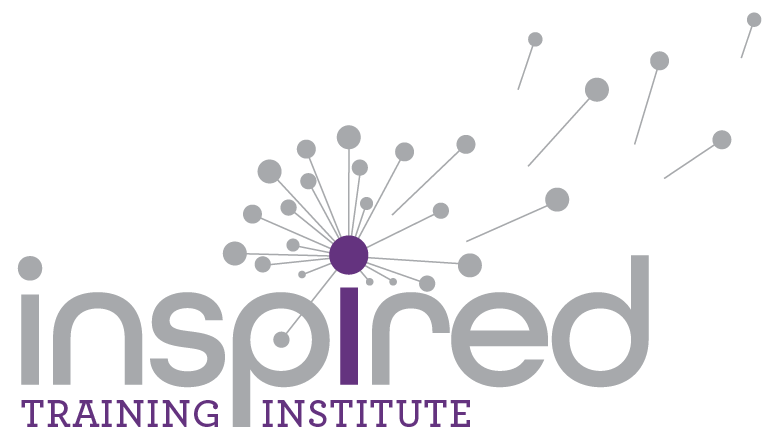Your Headspace in the Workplace
Is there a crossover between the playing field and the workplace?
Success in sport or the business world is about much more than our ability and credentials. Often, it is about what is going on in our “headspace” that keeps us from reaching our professional potential.
Mental skills and tools that are relevant in the sport and performance world are also relevant in the business world. The attitudes you possess, obstacles you face, mental muscles you strengthen, and tools you develop can and will impact your career trajectory and performance in the workplace.
Attitudes play a foundational role in performance because they establish how you perceive, think about, interpret, and react to experiences in the workplace. Even more, your attitude influences the emotions you feel, your behavior, and the quality of your performance. The six attitudes below are essential for performance success in the workplace:
Take ownership of your actions and performance
Adopt a growth mindset
View workplace adversity as a challenge
Take risks
Focus on the process
Develop a long-term attitude
What prevents professionals from performing up to their potential?
The mind has the power to act as a gas pedal for individuals to perform their best. It can also function as a brake, halting or even preventing those efforts. More specifically, there are five obstacles that that can put a roadblock in the path to professional success including overinvestment, perfectionism, fear of failure, expectations, and emotions. These obstacles prevent individuals from performing up to their potential and reaching their professional goals. They can also create a negative and stressful experience in the workplace, reducing or removing any “fun” that once took place, and often driving professionals towards overinvestment or even burnout.
Like the body, the mind is made up of muscles. If these mental muscles are not exercised regularly, they can be weak or get hurt impacting the attitudes we possess and how we navigate obstacles. This can occur from too much force exerted on them in the form of struggles, failures, and disappointments. There are several areas that are crucial for individuals to be mentally equipped for professional success such as motivation, confidence, stress, and focus. By maximizing these areas, you increase your readiness to perform and reach your professional potential.
How can professionals achieve their full potential?
If professionals commit the time and effort, they can strengthen their mental muscles by using mental exercises and tools such as goal setting, imagery, routines, self-talk, mindfulness, breathing, and so much more. The type of tool and how you use it depends on the individual and the situation. By taking the appropriate steps to identify the mental muscles that need strengthening and selecting the exercises and tools that fit the individual and situation, a plan, goals, and schedule can be created. Approaching your professional development and mental training with consistency and commitment will ensure meaningful and long-lasting change in the attitudes you possess, confidence with which you face obstacles, and the strength of your mental muscles; ultimately impacting your career trajectory and performance in the workplace.


